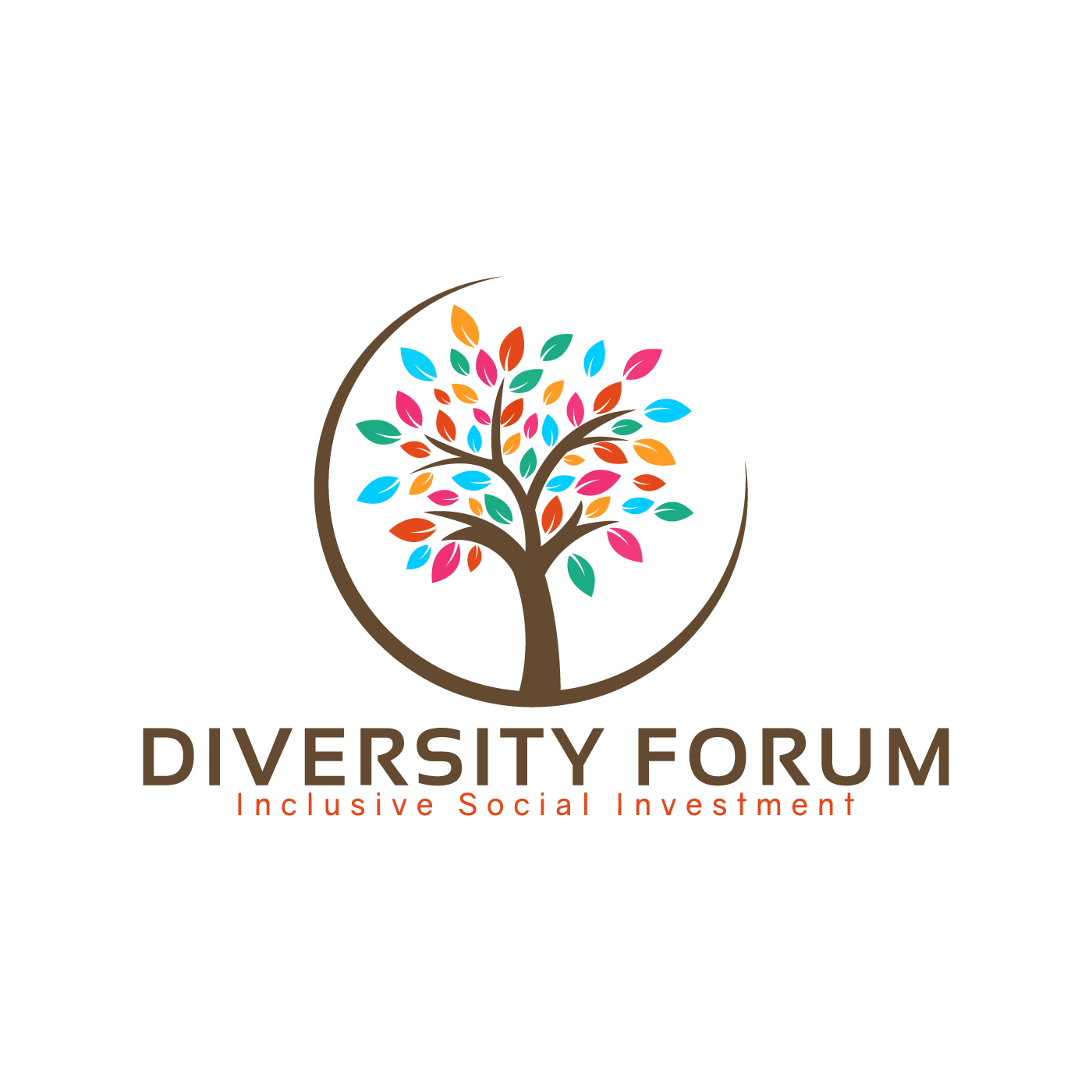Global Progress On Diversity and Inclusion in Social Investment
By Bonnie Chiu
Since Diversity Forum’s report launch in January, we have seen a lot of progress on diversity and inclusion in social investment in the U.K. as well as globally. We see three exciting trends globally which align with the mission of the Diversity Forum.
1) Intersectionality as a concept is gaining traction.
In March, I wrote about intersectionality in philanthropy and impact investing. The Diversity Forum talks about intersectionality being key to a structural understanding of diversity and inclusion – recognizing that certain groups have overlapping forms of identities. Historically ‘equality and diversity’ has always excluded intersectionality and discounts the experiences faced by ‘other’ classification groups. There is a need to take the intersectional invisibility faced by different groups into account and manage it as if it were a ‘protected characteristic’.
Impact Entrepreneur, a global network of 20,000 people active in building the impact economy, has curated a series of Webinars. I spoke at their first in the series, Making impact investment work for women, and highlighted the intersectional approach we took in our research with Inclusive Boards. You can access the Webinar recording here.
Back here in the U.K., a TUC report about widespread sexual harassment faced by LGBT groups has led to more attention regarding workplace inclusion. Read more here. This is also an area that the Diversity Forum hopes to address further in the future, working closely with Paul Roberts from the LGBT Consortium on our Working Group.
2) There are more and more collaborative funds.
It is undeniable that we need a systemic approach to building inclusive social investment. At Diversity Forum, we have tried to facilitate various networks for investors to learn from each other; but the next step might be to collaborate on investment deals and programmes. We see a rise of collaborative social investment funds that huddle around a particular diversity and inclusion issue. For example, the Entrepreneurs of Color Fund by the W.K. Kellogg Foundation and the J.P. Morgan Chase Foundation in Detroitto address the racial funding gap; the new $20 million fund by 11 U.S. funders to end sexual harassment at workplace.
3) Data is still trendy.
Data is always a trendy topic, especially for numbers-loving impact investors. We have seen interesting work done by Global Shapers London on intersectional pay gap; progress from Gates Foundation on gender data at the latest Women Deliver conference. Within our Diversity Forum, we have seen some efforts towards collecting diversity data not only at a firm-level, but also a portfolio-level. As we collect more diversity data, we can be better at diagnosing the problem and finding the lever points.
If your country is doing something interesting – please do let us know as we’d love to learn from the rest of the world in terms of best practices, while sharing the work we are doing in the U.K.!
